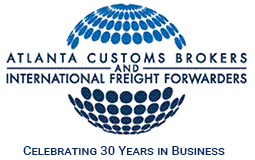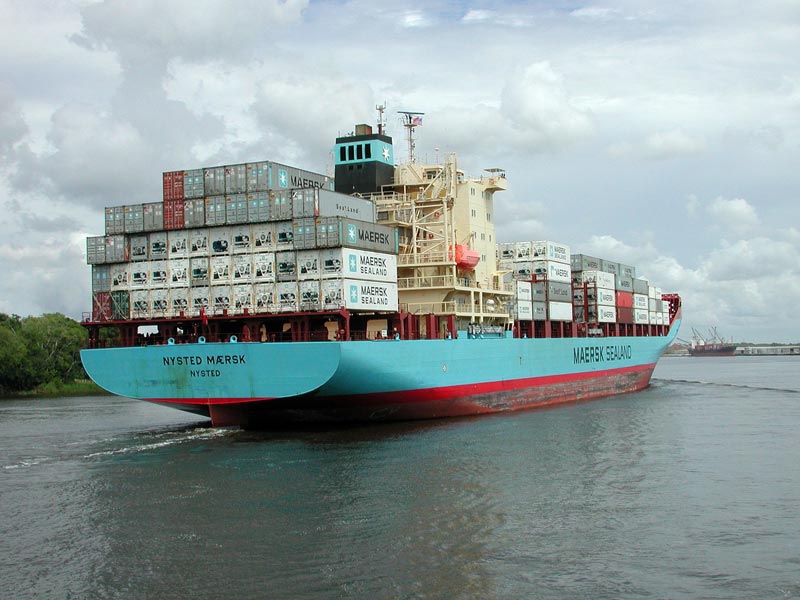E-commerce Is Changing the Global Shipping Industry
We live in an e-commerce world.
Consumers, with the mere click of a mouse (or tap of a finger), purchased almost 2 trillion dollars worth of goods worldwide in 2016. Any company shipping goods must comply with all customs regulations.
As the global e-commerce industry expands, global shipping becomes the linchpin by which everything can go smoothly. When things go wrong, however, it can end up costing a business money.
Here are 3 major areas to pay attention to as international e-commerce continues to grow.
1) New Markets Mean New Rules
Every country and every port have their own set of rules for importing and exporting. Unfortunately, this is not something that has become standardized in the global shipping industry.
From point of origin to their final destination, freight shipment paperwork needs to be painstakingly filled out. One incomplete or incorrectly filled out commercial invoice may result in regulatory noncompliance. This type of error usually leads to penalties, fines or liabilities.
As new global trade agreements are adopted, this convolutes even more. Staying apprised of Federal Trade Agreements (FTA) negotiated by the United States is critical. FTA benefits offer the potential for a competitive advantage over products imported or exported from other countries, but it does require additional paperwork and recordkeeping.
2) Changes in Communication
Look at this breakdown of annual e-commerce revenue by country:
- China: $672 billion
- United States: $340 billion
- United Kingdom: $99 billion
- Japan: $79 billion
- Germany: $73 billion
- France: $43 billion
- South Korea: $37 billion
- Canada: $30 billion
- Russia: $20 billion
- Brazil: $19 billion
The top 10 e-commerce markets include only three English speaking countries.
Language barriers will become a bigger issue as companies expand their international reach. A familiarity with International Chamber of Commerce INCO terms helps alleviate some of the language frustrations. Learning these is an absolute must.
3) Global Shipping Operations and Logistics
Freight forwarding doesn’t end once goods land at a port. From there, extensive knowledge of a particular country’s delivery infrastructure can make a huge difference, not only in time but cost savings as well. The ability to leverage discounts on transportation and shipping due to industry relationships will be key.
Countries have multiple ports. Which port operates most efficiently and which ports have easy access to secondary transportation (i.e., railroads or satisfactory roadways) are all factors to consider when arranging shipments.
The growth of e-commerce also opens up new countries for the supply of goods. Depending on the nature of your commodity will determine the need for it to be reviewed by other government agencies, such as the FDA, USDA, Fish & Wildlife, CDC, among others. We at Atlanta Customs Brokers can help you in working with these agencies to provide proper paperwork for the release of your shipment.
Seamless Solutions
Expanding horizons through e-commerce and international trade is exciting for the future of many businesses, small and large. Complications can (and probably will) put a damper on smooth shipping, and this can affect the bottom line.
Atlanta Customs Brokers is one of the oldest and most trusted customs brokerage and shipping firms in Atlanta. We enjoy working with our international partners and enjoy what we do. If you are a first-time importer, exporter or a large corporation, contact us to handle your needs.
Atlanta Customs Brokers is one of the oldest and most trusted customs brokerage and shipping firms in Atlanta. Established in 1985, our company has been a fixture in and around the Atlanta airport and Savannah port for more than 31 years. We enjoy working with our international partners and enjoy what we do. If you are a first time importer or exporter or a large corporations, we can handle your needs.

